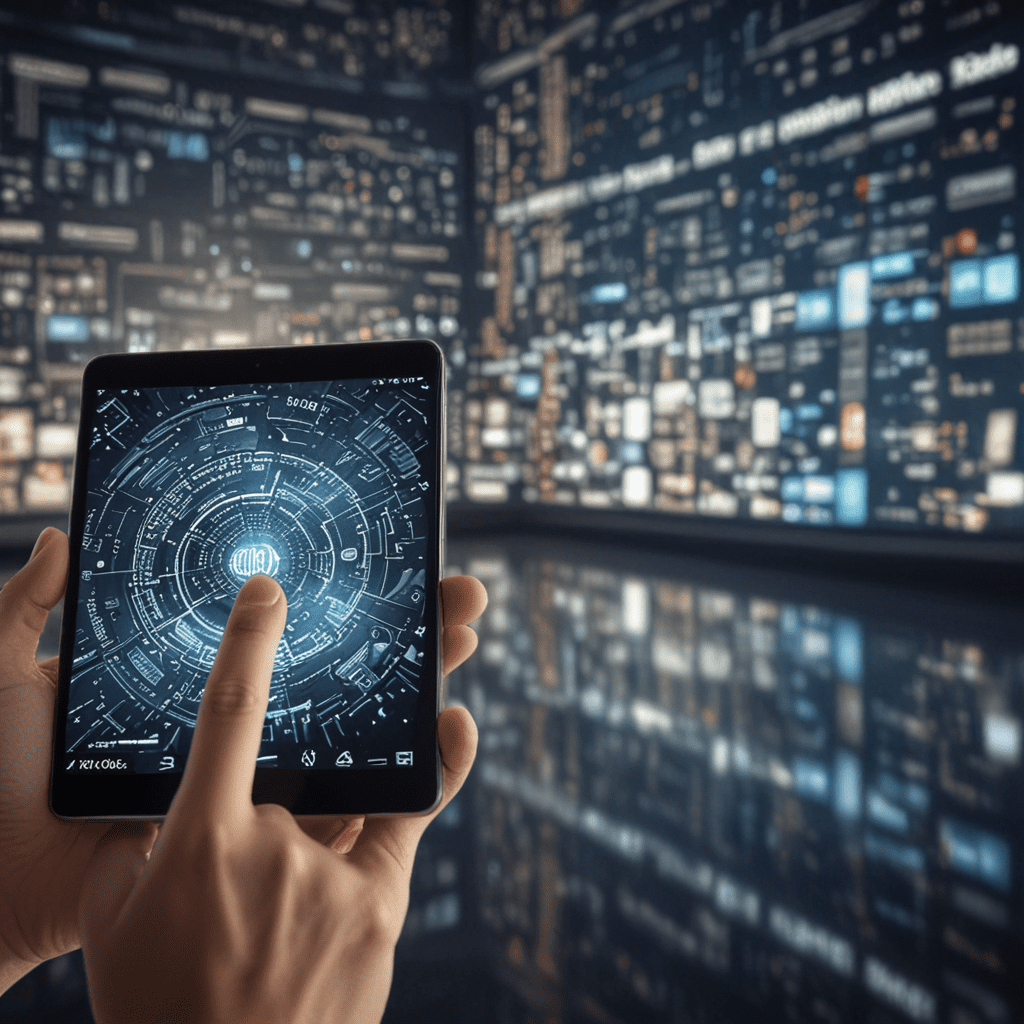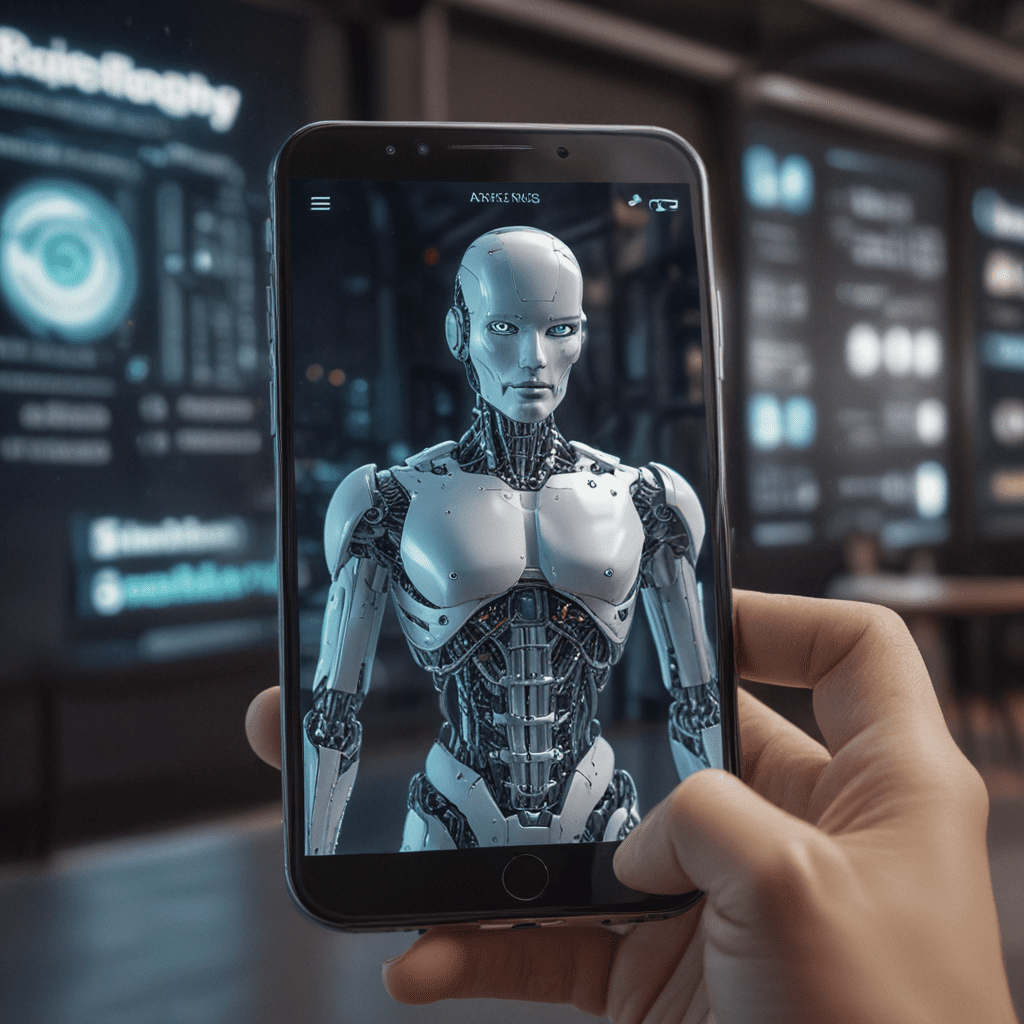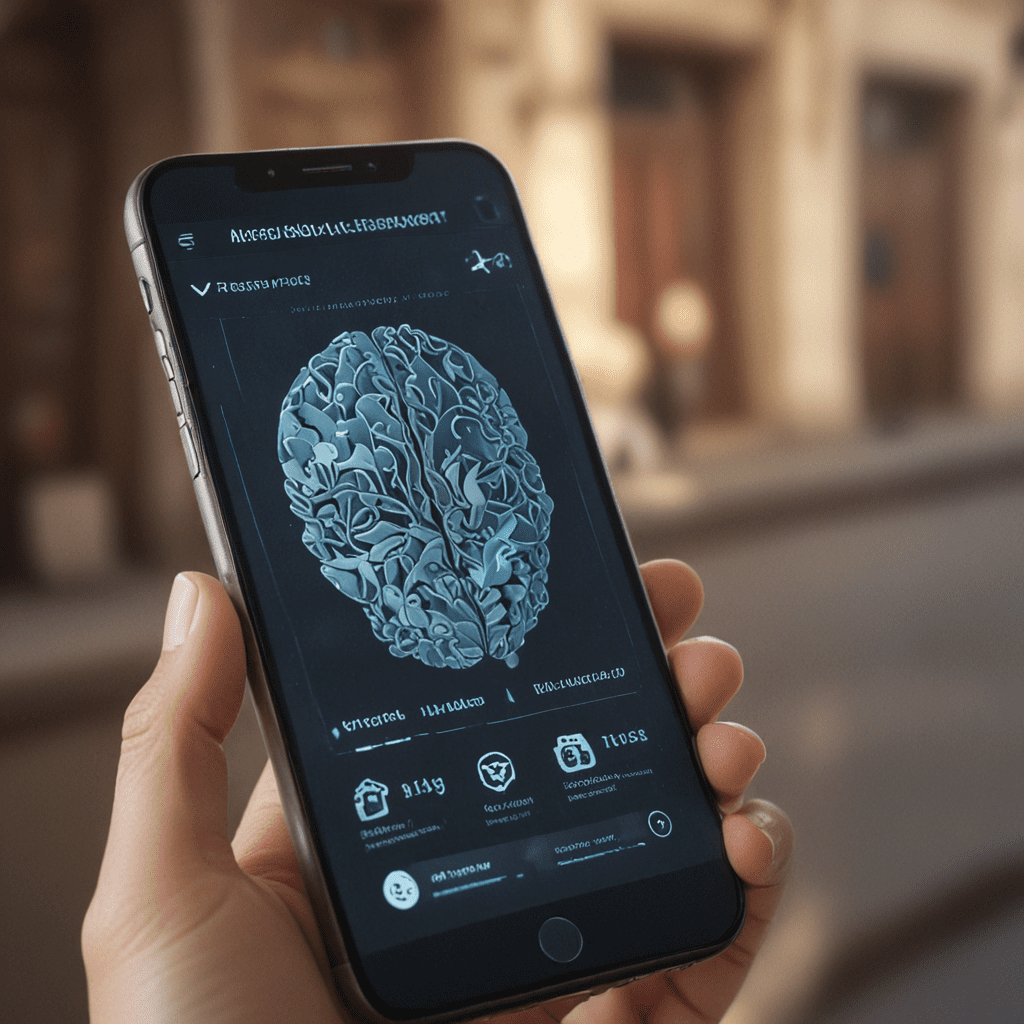
Mobile App Development for Personalized Nutrition: Tools and Strategies
1. Introduction
In today's health-conscious era, personalized nutrition has emerged as a crucial aspect of maintaining optimal well-being. The advent of mobile app technology has revolutionized the delivery of personalized nutrition, making it easily accessible and convenient for individuals to adopt healthier dietary practices. This article delves into the key benefits, features, tools, and strategies involved in developing mobile apps for personalized nutrition, empowering readers with the knowledge to harness this technology for their nutritional journeys.
2. Benefits of Personalized Nutrition through Mobile Apps
Personalized nutrition apps offer a multitude of benefits, including:
- Tailored Recommendations: These apps analyze individual health data and dietary preferences to provide personalized recommendations that align with specific nutritional needs and goals.
- Improved Health Outcomes: By following personalized nutrition plans, individuals can improve their overall health, manage chronic conditions, and enhance their well-being.
- Time Savings: Mobile apps automate meal planning, recipe generation, and grocery list creation, saving users time and effort.
- Convenience and Accessibility: With personalized nutrition apps, individuals can access expert dietary advice and support anytime, anywhere.
3. Key Features of Mobile Apps for Personalized Nutrition
Effective mobile apps for personalized nutrition typically include key features such as:
- Dietary Assessment: Ability to collect and analyze personal dietary data through food tracking, meal logging, and nutritional questionnaires.
- Goal Setting and Tracking: Setting specific health and nutrition goals, such as weight loss, improved blood sugar control, or reduced inflammation.
- Personalized Meal Planning: Auto-generation of meal plans based on individual preferences, dietary restrictions, and nutritional goals.
- Recipe Library and Search: Access to a wide range of recipes tailored to specific dietary requirements and health conditions.
- Progress Tracking and Analytics: Real-time monitoring of progress towards health goals, identifying areas for improvement, and providing actionable insights.
4. Advanced Technologies for Personalized Nutrition in Mobile Apps
Cutting-edge technologies enhance the capabilities of personalized nutrition apps:
- Artificial Intelligence (AI): AI algorithms analyze user data to provide highly accurate and tailored recommendations, optimizing meal plans and nutritional advice.
- Machine Learning (ML): ML algorithms learn from user behavior over time, improving the accuracy and relevance of recommendations and dietary insights.
- Data Analytics: Data analytics tools process vast amounts of data to identify patterns, trends, and potential health risks, enabling personalized interventions and proactive health management.
6. Strategies for Personalizing Nutrition Recommendations
Effective personalized nutrition apps employ a range of strategies to tailor recommendations:
- Goal Setting and Tracking: Users set specific health and nutrition goals, such as weight loss or improved blood sugar control. The app then tracks progress and provides guidance to achieve these goals.
- Nutritional Assessment: Apps collect detailed dietary intake data through food logs or dietary surveys. This data is analyzed to identify nutritional gaps, excesses, and potential dietary risks.
- Personalized Meal Planning: Based on individual preferences, dietary restrictions, and nutritional goals, apps generate customized meal plans that optimize nutrient intake and support overall health.
7. User Experience Design Principles
To enhance user experience, personalized nutrition apps adhere to key design principles:
- Intuitive Navigation: Apps feature user-friendly interfaces with clear navigation menus and easy-to-use functionality.
- Personalized Content: Content is tailored to individual needs and preferences, providing relevant information and engaging experiences.
- Gamification: Gamified elements, such as progress tracking, rewards, and challenges, enhance motivation and engagement.
8. Integration with Third-Party Devices and Services
Personalized nutrition apps seamlessly integrate with a range of devices and services to enhance functionality:
- Health Monitoring Devices: Apps sync with wearable devices, such as fitness trackers and smart scales, to monitor physical activity, sleep patterns, and body composition.
- Recipe Databases: Partnerships with recipe databases provide users with access to a wide variety of recipes that meet their dietary requirements and preferences.
- Social Media Platforms: Integration with social media platforms allows users to share their progress, connect with like-minded individuals, and access community support.
9. Data Privacy and Security Considerations
Data privacy and security are paramount in personalized nutrition apps:
- Data Encryption: Sensitive user data is encrypted to ensure confidentiality.
- User Consent: Users are clearly informed about data collection and usage practices and provide explicit consent before data is collected.
- Compliance with Regulations: Apps adhere to relevant privacy regulations and industry standards to protect user information.
10. Future Trends and Innovations in Mobile App Development for Personalized Nutrition
The future of personalized nutrition apps holds exciting innovations:
- Advanced AI and ML Algorithms: More sophisticated AI and ML algorithms will enhance the accuracy and personalization of dietary recommendations and interventions.
- Personalized Supplement Recommendations: Apps will integrate with genetic testing and biosensing technologies to provide personalized supplement recommendations tailored to individual needs.
- Integration with Telehealth Services: Apps will connect with telehealth providers for virtual consultations and remote monitoring, enhancing accessibility and convenience of personalized nutrition care.
FAQ
1. How can I find a reputable personalized nutrition app?
Research app reviews, consult healthcare professionals, and consider apps that align with your health goals and dietary preferences.
2. What data does a personalized nutrition app typically collect?
Apps collect dietary intake, health history, physical activity, and other relevant information to provide tailored recommendations.
3. Are personalized nutrition apps suitable for everyone?
Personalized nutrition apps can benefit individuals seeking to improve their health and well-being. However, consultation with a healthcare professional is recommended for individuals with specific dietary restrictions or underlying health conditions.


